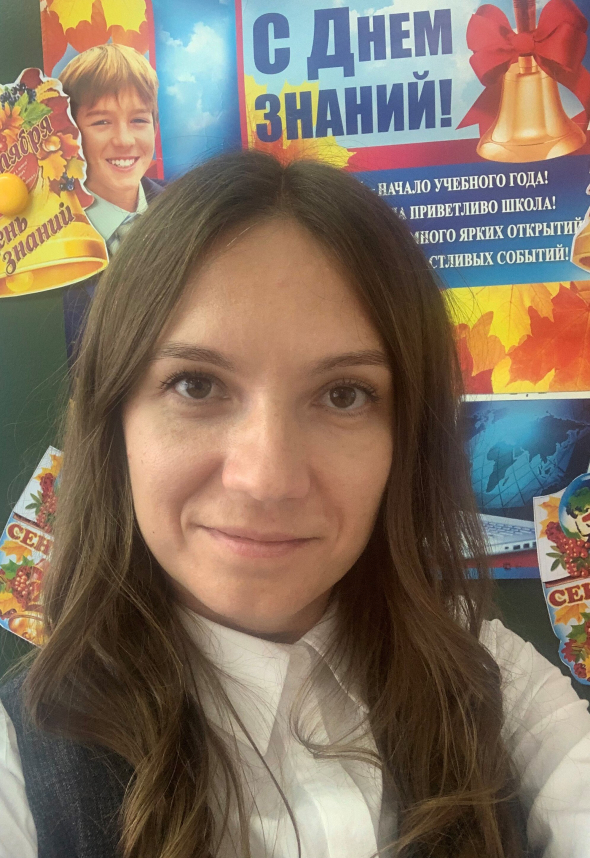
Употребление infinitive or ing-form
учитель иностранного языка МБОУ «СОШ № 12»
Ткачева Татьяна Анатольевна

To- infinitive употребляется:
- 1. Для выражения цели (чтобы)
I called to tell you the news.
- 2. После глаголов agree, appear, promise, expect, wait, plan, want, refuse, wish, hope, know how, learn, prepare, ask, choose, decide, fail, manage, offer, seem
He wants to become an actor.

- После выражений would like, would love, would prefer
I would like to go to the cinema.
- После прилагательных nice, good, sorry, happy, glad, difficult, clever, kind, lucky, fortunate, willing
I am sad to hear that you are not feeling well now.
It was kind of you to lend me your phone.

- После глаголов know, ask, decide, learn, want to know, explain, find out , если после этих глаголов употреблено вопросительное слово (who, what, where, how…)
He can`t decide what to do.
- После be + the first/the second/the last/the next
She was the first person to call me on my birthday.

- После слова only , когда говорящий хочет выразить неудовлетворительный результат
She drove all the way to the supermarket only to find it was closed.
I am too busy to go out tonight.

Bare Infinitive (Infinitive without to) употребляется:
He can speak Spanish fluently.
- После выражений had better, would rather
You would rather go home now.
- После глаголов let, make, see, hear, feel, watch, notice
They don`t let her stay out late.
кроме страдательного залога.
He was made to do this exercise.

Ing-form употребляется
Exercising is good for your health.
- После глаголов avoid, appreciate, consider, deny, fancy, go (for activities), imagine, look forward to, mind, prevent, suggest, discuss, save, keep, miss, practise, quit, recommend
You should avoid eating junk food.

- После глаголов love, like, hate, enjoy, dislike, prefer для выражения общего предпочтения
I like watching horror films.
My sister takes my thing without asking.
- После выражений it’s no use, it’s worth, it’s no good, be busy, there’s no point in, what’s the use of, can’t help, can’t stand, be/get used to, have difficulty (in)
I have difficulty in understanding what he says.

- После глаголов spend, waste, lose (time, money)
He spends an hour playing the piano every day.
- После глаголов see, hear, feel, watch, notice, listen to , когда описывается незаконченное действие (говорящий видел только часть действия)
I saw Ann waiting for the bus.

Differences in meaning between the to-infinitive and ing-form
- Forget + infinitive to - забыть, не помнить
I forgot to call Ann.
- Forget + ing-form – забыть (о событиях в прошлом)
I`ll never forget visiting Moscow for the first time.

- Remember + infinitive to - помнить, не забывать
Do you remember to buy milk?
- Remember +ing-form – помнить (о событиях в прошлом)
I remember meeting them last year.

- Mean + infinitive to – намереваться, собираться
I didn`t mean to upset you.
- Mean + ing-form - подразумевать, предполагать
Being a good doctor means devoting your life to helping other people.

- Try+ infinitive to - пытаться, cтараться, делать все возможное
She tried to carry this box, but it was too heavy.
- Try+ ing-form - делать что-то в качестве эксперимента
Try making a cake for his birthday.

- Stop + infinitive to - остановиться с целью что-то сделать.
He stopped to tie his shoelaces.
- Stop + ing-form - прекратить делать что-то.
He stopped eating junk food two months ago.

- Go on + infinitive to – Закончить действие и приступить к новому действию
After he finished his speech he went on to answer the questions.
- Go on + ing-form - продолжать делать что-либо
She went on talking for an hour.

- Regret + infinitive to - cожалеть, что приходится сообщать что-то неприятное
I regret to inform you that your flight has been delayed.
- Regret + ing-form - сожалеть о чем-то.
I regret being so rude with you.

- Be sorry + infinitive to - сожалеть
I was sorry to hear the news.
- Be sorry + ing-form - извиняться за что-либо.
I`m sorry for being so rude with you.

- Hate+ infinitive to - испытывать неудовольствие по поводу предстоящего действия.
I hate to disappoint you but she`s not coming.
- Hate + ing-form - не любить то, что приходится что-то делать.
I hate getting up early in the morning.



































